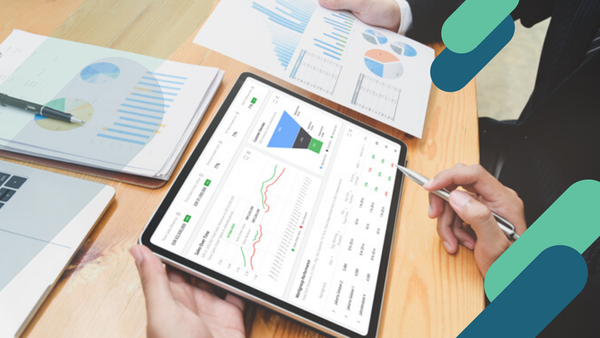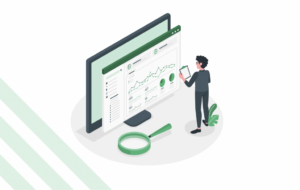
Do I Need Sales Tracking Tools?
Table of Contents
As your business grows, so does your sales team needs. If you’re thinking to equip your sales team, you have to find tools that they’ll actually use. Finding the right sales tool can be a daunting task here’s a couple of guidelines to look after.
What is Sales Tracking Tools?
Essentially, sales tracking tools are helping you to do data entry and keeping all records of all aspects of your sales process. Later, the data can form statistics on how the sales team has performed. Thus, giving insights into what to expect for the future. The goal of the tool is to give your sales team tools to manage clients with less mundane tasks, remove any input error and friction between their sales process.
Why Do I Need Sales Tracking Tool?
Every business that earns revenue, no matter the size, needs a proper sales strategy. If your business isn’t tracking your sales, you are basically crossing your fingers and hoping for the best. A spreadsheet will take a long time to figure out the simplest information and longer time to be compiled. For example, what if you want to find out about your total sales in a period of time? How do you track sales by team members? And what’s going on in the company in general?
Where to Start?
There are a bunch of different types of sales tools, from customer relationship management (CRM), email tracking, productivity apps, sales intelligence, automation, workforce management and more. The real task is to find out which one fits your needs.
Start by assessing your pain points and your current biggest hurdles. From there, you can analyze and determine what kind of metrics you want to collect and monitor.
What Metrics Should I Measure?
While there are a lot more metrics you should track, the following are the main key metrics you should choose.
- Sales per source: which sources give you the maximum amount of lead and clients
- Total sales: gives the upper management an idea of how the team is performing overall in a given period.
- Sales per demography: figure out who’s your ideal persona
- Churn rate: which clients are leaving and why
- and more…
How Does It Help Me Grow?
Once the sales tracking tool is populated with data, you can analyze customers’ patterns, what traits and behavior do they have in common, what sales techniques do they respond to the best at and many more. Captured historical data can help you to determine future business strategies and initiatives thus allow you to continually improve upon them.
The ultimate takeaway here is that the right sales tools will help improve your business performance. Carefully assess which tools best fit your needs because not all features are right for your business.



